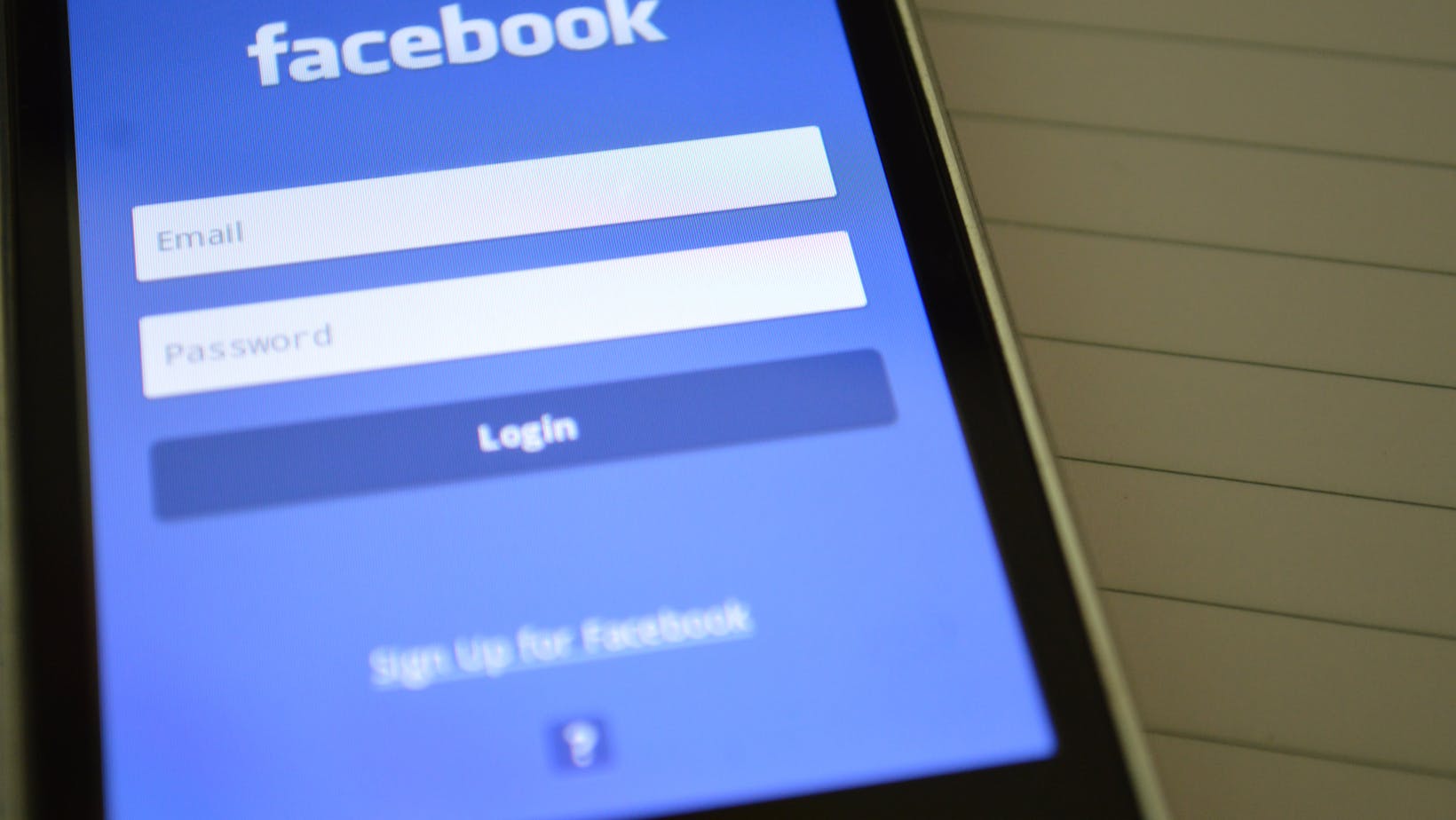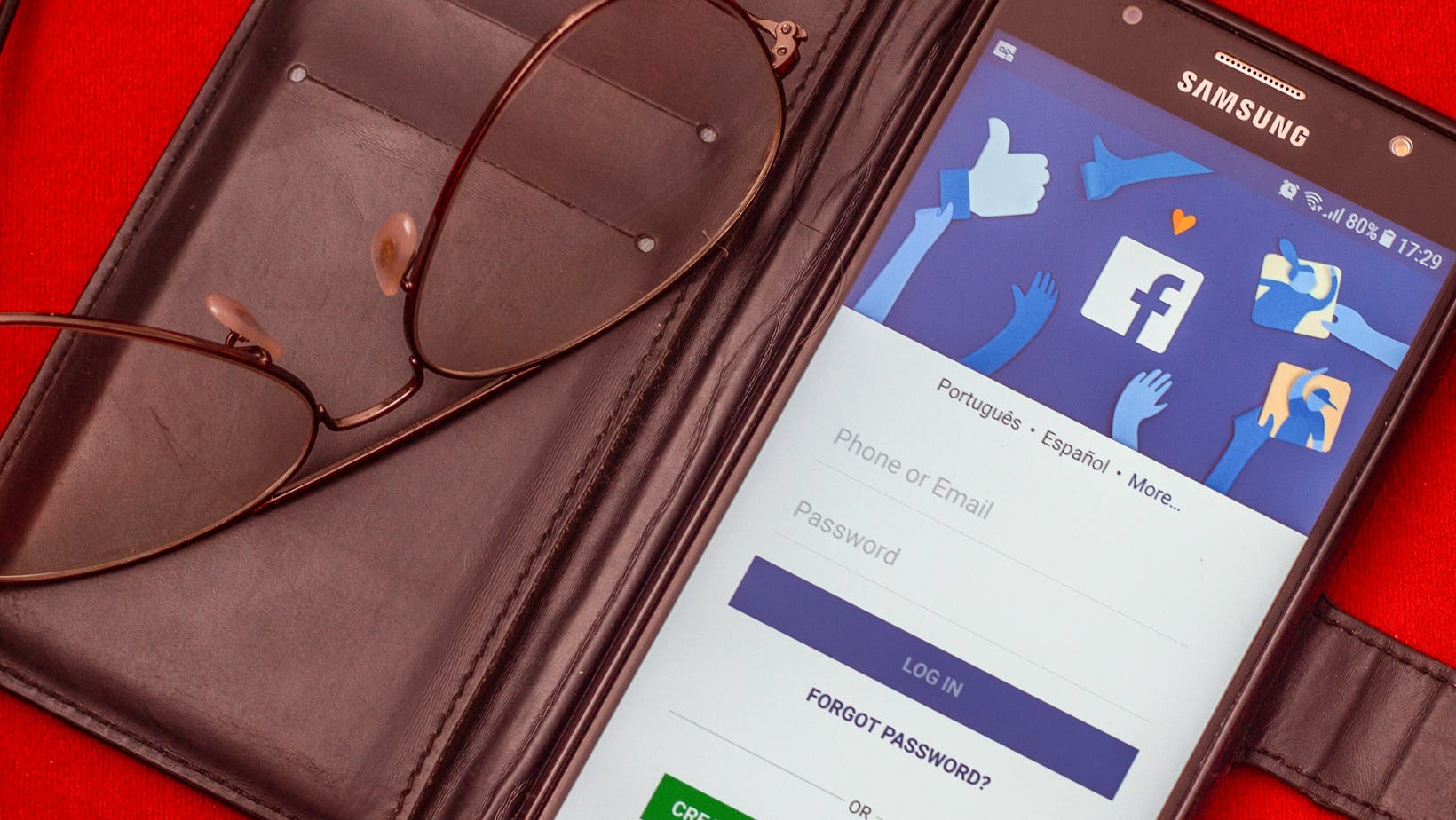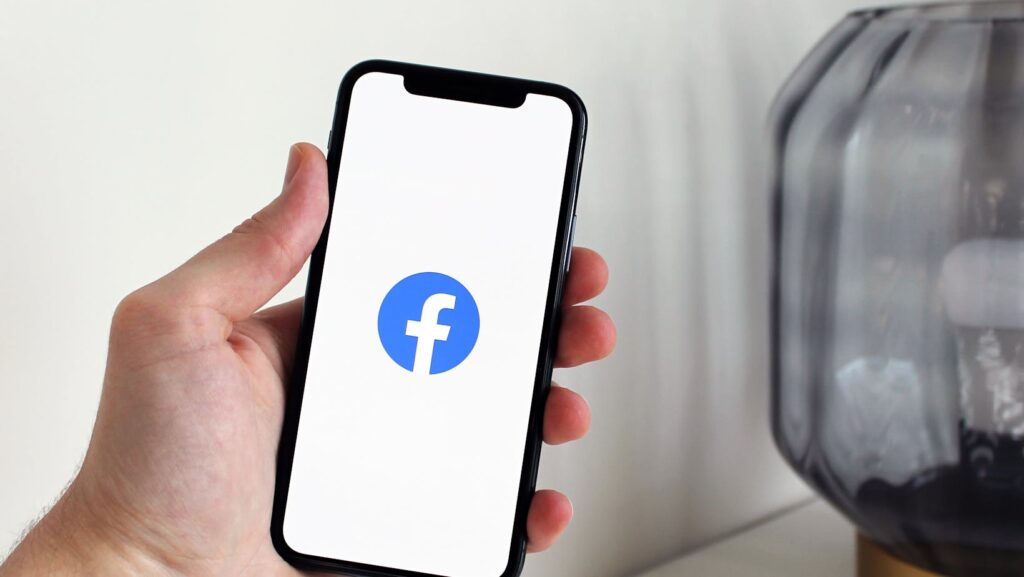The teenage years are a whirlwind of emotional and social development. In this crucial time, social media platforms like Facebook have become an undeniable force, shaping how teens connect with the world. While it offers opportunities for self-expression, community building, and staying connected, its influence on mental health can be a double-edged sword.
In this article, we explore Facebook’s impact on adolescent well-being, discussing its role in fostering negative emotions and sleep disturbances alongside positive aspects.
The Influence of Facebook on Teenagers’ Mental Health
Facebook’s influence on teenagers’ mental health extends far beyond mere social interaction. It permeates their perceptions of self-worth, social comparison, and emotional well-being.
The US Surgeon General’s Advisory indicates that adolescents spending over 3 hours daily on social media, including Facebook, face heightened risks. They’re twice as likely to experience symptoms of depression and anxiety. This finding underscores the potential adverse effects of excessive social media use on adolescent mental health.
On Facebook, carefully crafted content and the desire for validation breed comparison and approval-seeking habits. This pursuit undermines self-esteem and worsens feelings of inadequacy, especially in susceptible individuals. The platform’s environment can fuel a cycle of seeking affirmation and measuring oneself against unrealistic standards.
Addiction and Distraction
The platform design can be highly addictive, particularly for teenagers. Instant gratification features like likes and comments, along with continuous updates, can trigger dopamine release linked to pleasure and reward. This can create a cycle of compulsive checking and use.
Continuous use of the platform leads to a sedentary lifestyle and disturbed sleep, worsening fatigue and cognitive function. Pew Research Center found that 54% of US teenagers would find it challenging to quit social media, including Facebook. This highlights the significant hold these platforms have on adolescent behavior and daily routines.
Also, its addictive qualities often divert attention from essential responsibilities like homework and chores. Teenagers frequently engage with notifications and seek validation online, neglecting academic performance and interpersonal connections. Consequently, this distraction can impede overall well-being and social interactions.
Social Comparison and Fear of Missing Out (FOMO)
Facebook fosters social comparison and FOMO among teenagers, fueling envy, inadequacy, and anxiety. The curated profiles of peers set unrealistic standards, leaving adolescents feeling inferior. This comparison cycle erodes self-esteem as teens chase an unattainable digital ideal.
Also, the continuous flow of updates can instigate FOMO, fostering a pervasive dread of exclusion from social engagements. Teenagers may feel pressured to continually check their feeds, fearing they’ll miss significant events. Consequently, this fear can heighten stress, anxiety, and a persistent need for connection, exacerbating the negative effects of excessive social media use.
Privacy and Online Safety Concerns
Pew Research Center survey also notes that 13% of US teenagers are highly worried about social media’s data collection. They fear excessive personal information exposure. However, in recent years, the spotlight has intensified on privacy and online safety concerns surrounding social media platforms like Facebook.
Social media’s wide sharing of personal data raises worries about misuse, particularly among vulnerable groups such as teenagers. High-profile scandals emphasize the urgency for improved transparency and accountability in safeguarding privacy rights. The platform’s data collection practices have triggered debates on ethical concerns, including targeted advertising and the commoditization of personal information.

In recent years, Facebook has faced several lawsuits concerning user privacy. Parents of children who have faced cyberbullying or privacy breaches are seeking legal paths to hold the platform responsible for their children’s mental condition. At the heart of the Facebook lawsuit is the claim that Meta (Facebook) intentionally designed its platforms for addiction.
TorHoerman Law stated that Facebook countered through press releases, claiming its platforms promote well-being and denying knowledge of negative mental health effects. Leaked documents, however, suggest that the company was aware of such impacts but chose to prioritize user engagement over mental health concerns. This included manipulating algorithms to maintain user attention despite potential harm.
Coping Strategies and Support Systems
Given the numerous challenges stemming from Facebook’s impact on teenage mental health, it’s crucial to provide adolescents with coping mechanisms and strong support networks. Building a healthy rapport with technology demands mindfulness, self-awareness, and proactive self-care approaches. Balancing digital engagement with mental well-being empowers teens to navigate the online domain with resilience and mindfulness.
Consider implementing various coping strategies and support systems to help your teenager navigate the platform’s impact on their mental health. Foster open communication to discuss online experiences and potential negative effects, creating a safe environment for sharing concerns. Set boundaries on social media usage, incorporating screen-time limits and promoting alternative activities for well-being.
Limiting social media to 30 minutes daily led to significantly lower depression and loneliness levels among teenagers, a ScienceDirect study found. Conversely, those engaging in prolonged social media sessions reported higher levels of these negative emotions.
This finding underscores the potential benefits of limiting screen time for adolescent mental well-being.
Prioritize real-world connections by encouraging face-to-face interactions and participation in offline social activities. If needed, consult a therapist or counselor to address mental health issues linked to social media, ensuring your teen gets support.
Frequently Asked Questions
How Does Facebook Usage Affect Teenagers’ Mental Health?
Facebook usage can impact teenagers’ mental health by fostering feelings of social comparison, digital addiction, and anxiety. Excessive use may contribute to decreased self-esteem and increased stress.
What Signs Indicate Facebook’s Negative Impact On Teen Mental Health?
Its negative impact on teen mental health is evident through heightened social comparison and excessive screen time. These factors contribute to increased anxiety and depression. These indicators may suggest a need for intervention and support.
Do Certain Aspects Of Facebook Use Pose A Greater Risk To Teens’ Mental Health?
Yes, some of its features, like continuous updates, trigger FOMO, amplifying concerns. The platform’s addictive nature fosters dependency, posing mental health risks. Also, curated content and social comparison may exacerbate feelings of inadequacy and anxiety among teenagers.
Empowering Teenagers for Digital Well-being
So, is the digital world a friend or foe? The answer, like most things in life, is complicated. Facebook and similar platforms provide extensive connectivity and self-expression but also entail risks like social comparison, digital dependency, and privacy concerns. Balancing these factors is crucial in fostering a healthy relationship with social media for teenagers.

Parents, educators, policymakers, and technology firms must unite to navigate the complexities of the digital era and prioritize teens’ overall well-being. This ensures their healthy development in an increasingly digital world.

